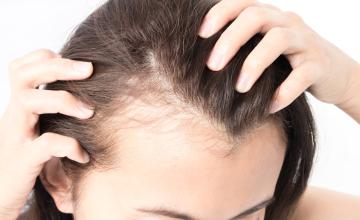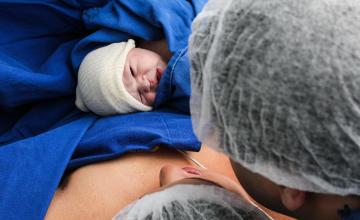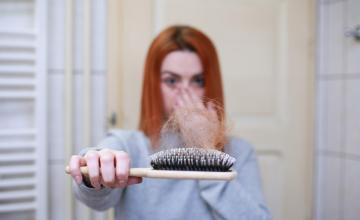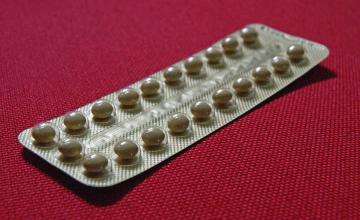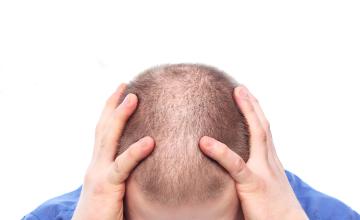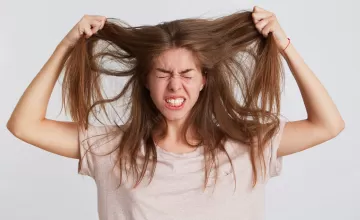As you see yourself balding, while others retain their hair, you may ask - why me?
The basic answer is – your hair loss is due to your genetic make up. Your thinning hair is not due to anything you have done, whether wearing too many hats, washing your hair too much or too little or any other hair loss myths. Alopecia or hair loss is primarily genetic and is referred to as "Androgenetic Alopecia" in the medical community.
Your hair's future is largely determined before you're even born. Your follicles have been genetically programmed as to when, where and how much baldness (if any), you'll experience in your lifetime. But the fate of your hair can be altered or compensated for with modern hair loss treatments.
So what are the specific causes of hair loss?
Baldness is largely the result of certain hormones interacting over time with those hair follicles that are vulnerable to their effects.
Both men and women produce "male" hormones. The three most common are testosterone, androsteinedione, and dihydrotestosterone (DHT). Hair follicles, as well as the sebaceous glands, contain high levels of an enzyme called 5-alpha-reductase. This enzyme converts testosterone into DHT, via the blood. DHT is the source of most male pattern balding.
In some people, their follicles on the top of the head are genetically vulnerable to baldness. Over time, these genetically vulnerable follicles are acted upon by the hormone DHT. This hormone binds with the receptor sites of these vulnerable follicles and cause the hair follicle to weaken over time. Propecia is a drug that has been shown to slow the creation of DHT and can be helpful in slowing, stopping or in some cases, reversing hair loss when it is used early enough.
Hair grows naturally in cycles of approximately 3 to 8 years. At the end of the growth cycle, the hair shaft is shed from the follicle and a new hair grows. With thinning hair or balding, each successive growth cycle is shorter and the hair produced is thinner and finer. This is called 'miniturization'.
Men and women don't go bald overnight, it is a slow progression of thinning hair and hair loss that eventually produces baldness. In many cases, the balding has progressed to such a stage that hair loss treatment products aren't enough to reverse the balding process.
Few treatments have the dramatic effect of restoring hair like hair restoration surgery. Click here to learn more about hair restoration.
Not all hair loss is permanent. There are many causes of temporary hair loss that can be treated with diet, stress reduction and a visit to your doctor. Click here to learn about other causes of hair loss.
Androgenetic Alopecia
And rogenetic Alopecia, commonly referred to as 'genetic balding', is the main cause of male and female hair loss. This genetic 'programming' accounts for 95% of male hair loss.
For baldness to occur three factors need to be present:
1.The presence of and rogens, or male hormones.
2. A genetic pre-disposition to balding.
3. Time for the DHT to degrade the vulnerable hair follicles.
While they comprise less than ten percent of permanent hair loss, there are several other Causes of Hair Loss like stress, nutrition, health, age and hormones, that can cause temporary as well as permanent hair loss.
There are also several categories of treatments for hair loss which include drugs, topical lotions, hair care products, hair replacement systems and hair restoration surgery. To learn more about each, please visit our Hair Loss Treatment section.



